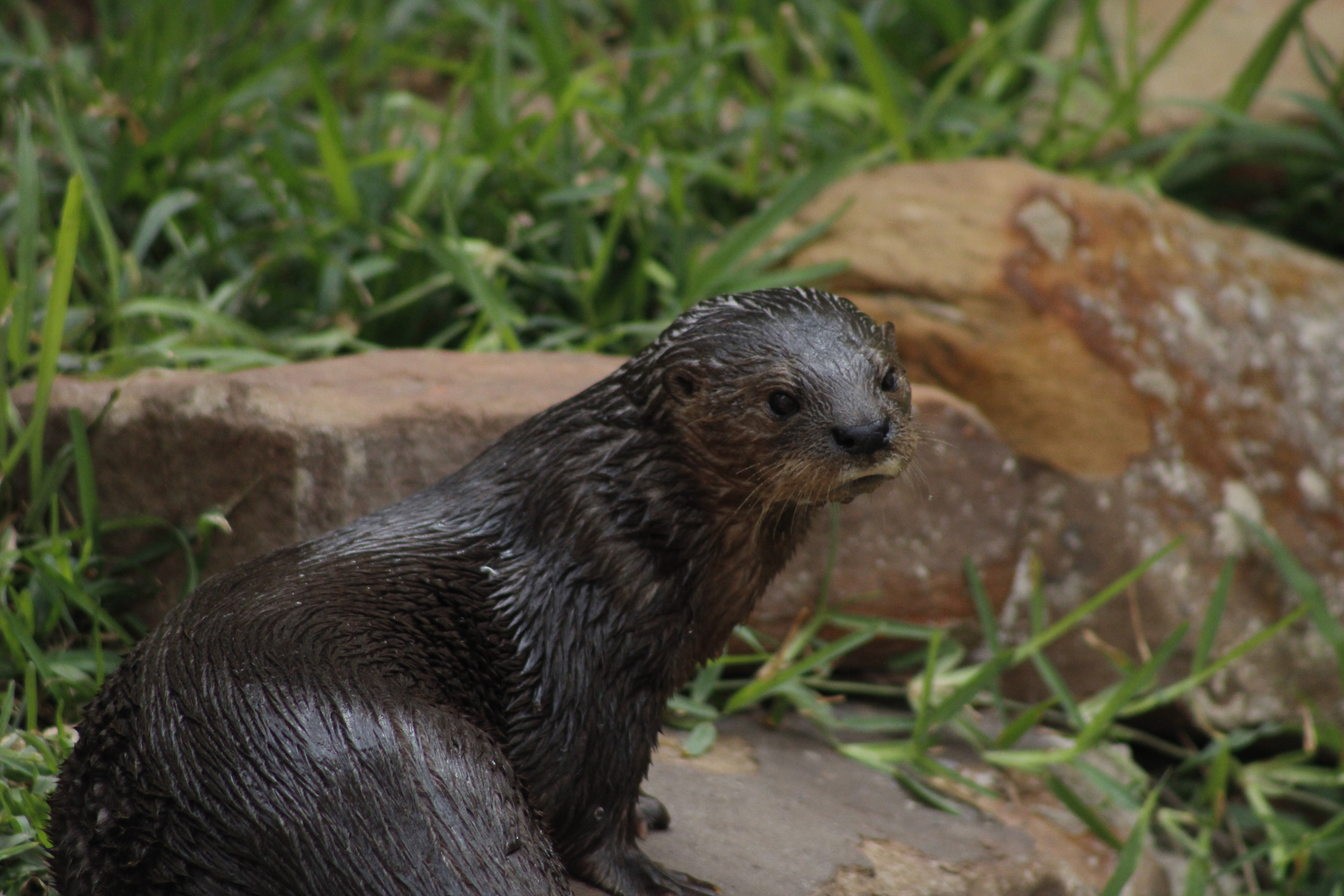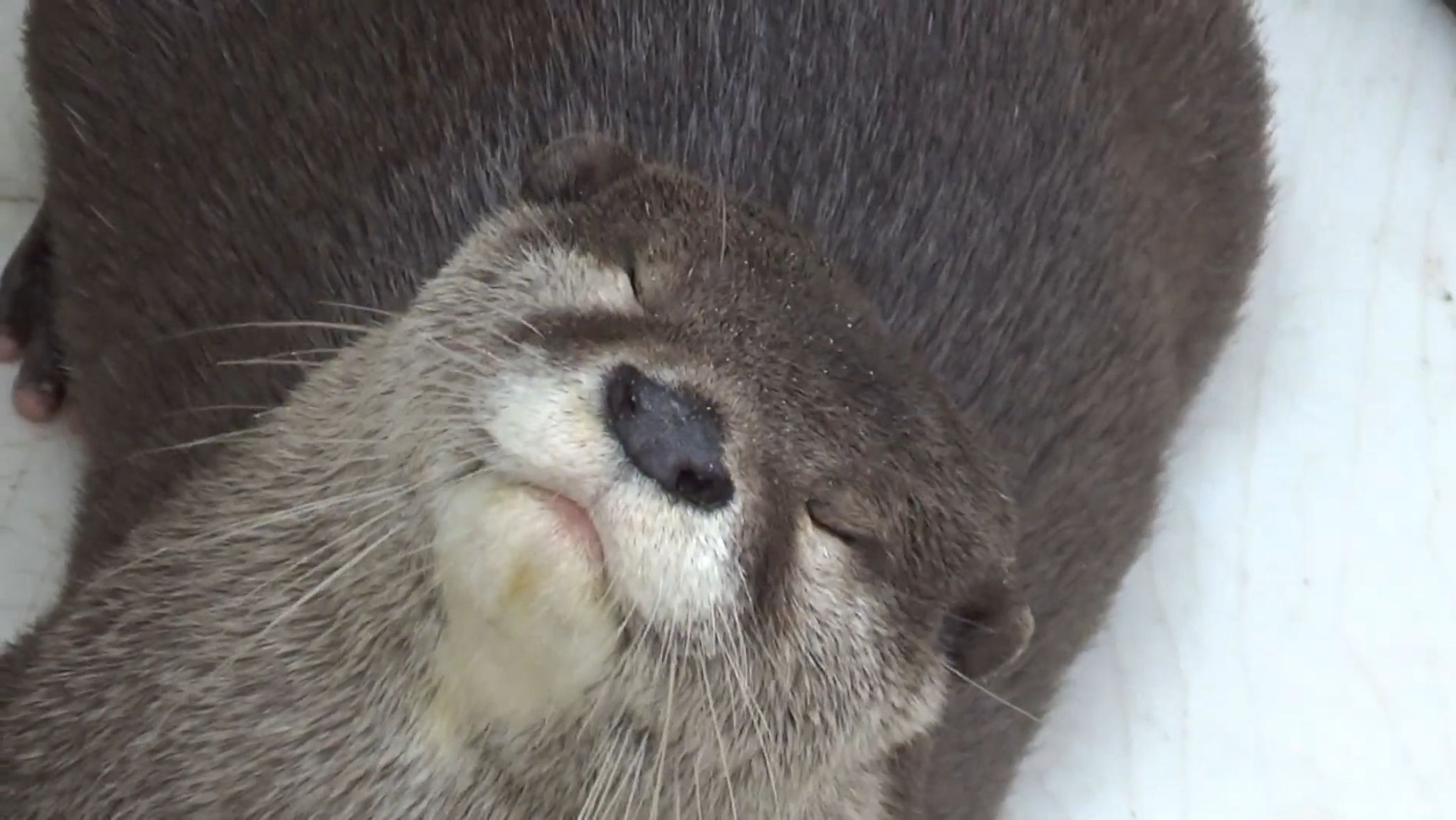 CC BY-SA 4.0
CC BY-SA 4.0
Data Collection February 2024

All ManyOtters papers will be published with “ManyOtters” as the first author. Individual authors are listed in the authorship by-line after “ManyOtters”. After “ManyOtters” the individual authors will listed alphabetically. The type of contribution has to be specified in the author contribution section of each paper. In case one thinks that another person's claim to authorship is unjustified, they can appeal to the Leadership Team for that project, which will verify the claimed contribution and withdraw authorship if unrightfully claimed.
Student co-author policy: Undergraduate and graduate students will be added as authors on publications if they meet these minimum criteria: investigation, data coding, data curation, formal analysis, and/or writing. No undergraduate or graduate students will use a ManyOtters project as a thesis or dissertation.
As a large scientific collaboration that aims to be inclusive, we developed guidelines and criteria for how to assign authorship to individuals involved in ManyOtters projects. Our task force led by Caroline DeLong, Heather Manitzas Hill, and Deirdre Yeater determined the following guidelines.
Leading, documenting and summarizing discussions that lead to formulation or evolution of overarching research goals and aims.
Management activities to merge and maintain research data (including software code, where it is necessary for interpreting the data itself) in an online repository for initial use and later reuse.
Application of statistical, mathematical, computational, or other formal techniques to analyse or synthesize study data, provided these analyses are included in the paper or supplementary materials.
Acquisition of the financial support for the project leading to this publication. Funds have to be distributed, in part, beyond one’s own facility. The latter point is met if personnel is hired that helps with coordination of the study.
Conducting a research and investigation process, specifically collecting data from at least 2 individuals, given that the data is included in the final sample.
Development or design of methodology; creation of models. Writing/designing the pre-registration.
Management and coordination responsibility for the research activity planning and execution. Preparing and disseminating protocols and coding instructions. Ensuring that deadlines are met.
Providing of access to animals and supervising research activity at the site. Developing or providing critical instrumentation or equipment to institutions other than one's own.
Programming, software development; designing computer programs; implementation of the computer code and supporting algorithms; testing of existing code components.
Verification of the overall replication/reproducibility of results/experiments and other research outputs.
Preparation, creation and/or presentation of the published work, specifically visualization/data presentation, provided these visualizations are included in the paper or supplementary materials.
Preparation and creation of the published work by those from the original research group, specifically critical review, commentary or revision – including pre- or post-publication stages. Specifically, piloting at least one section and/or co-piloting two sections of the paper as specified in the write-up plan.
Researchers who fulfill one or more of the criteria are granted authorship on the publications that correspond to the projects they contributed to.